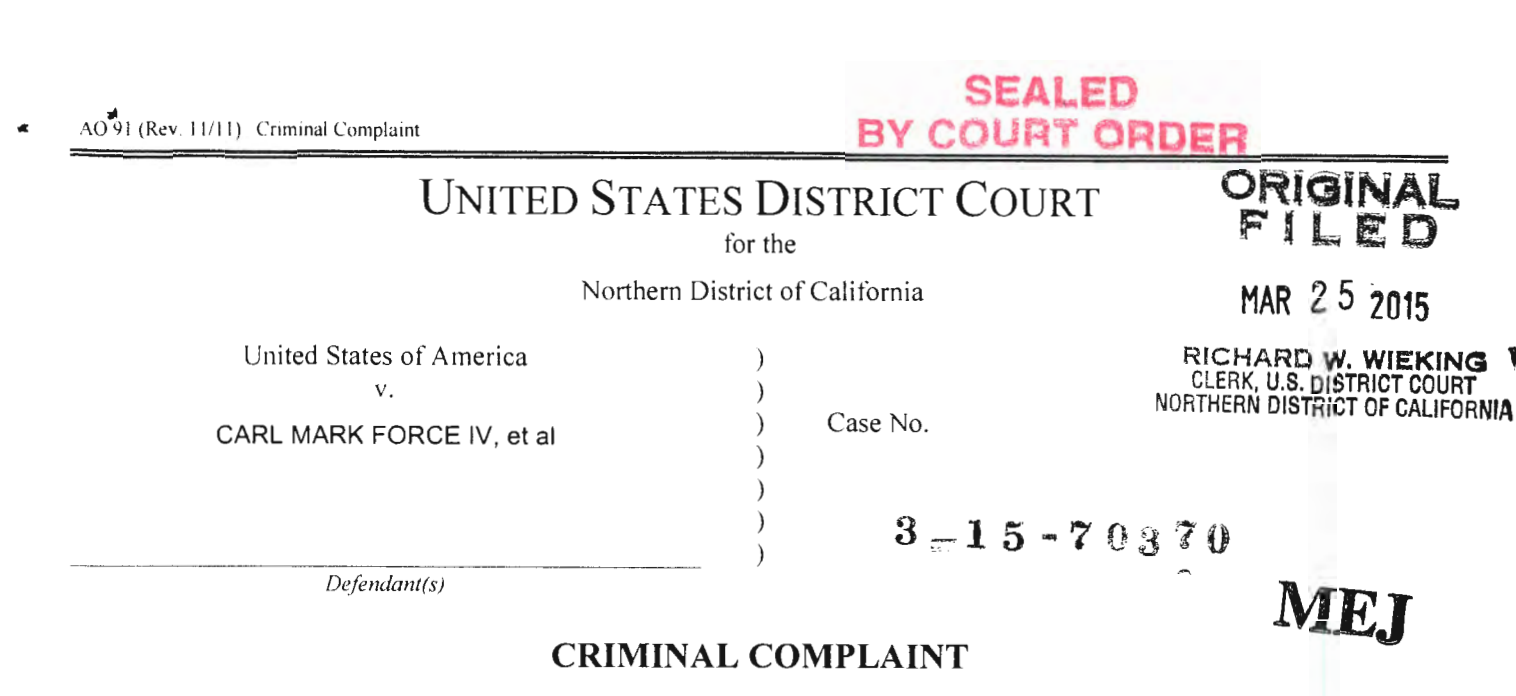A recent New York Times Magazine piece covers the evolution of machine learning methods for language translation.
If you're interested in building your own service that uses automatic translation then there are two big players in the space: Google and Microsoft. Both offer similar APIs although at slightly different price points and different technical limitations.








